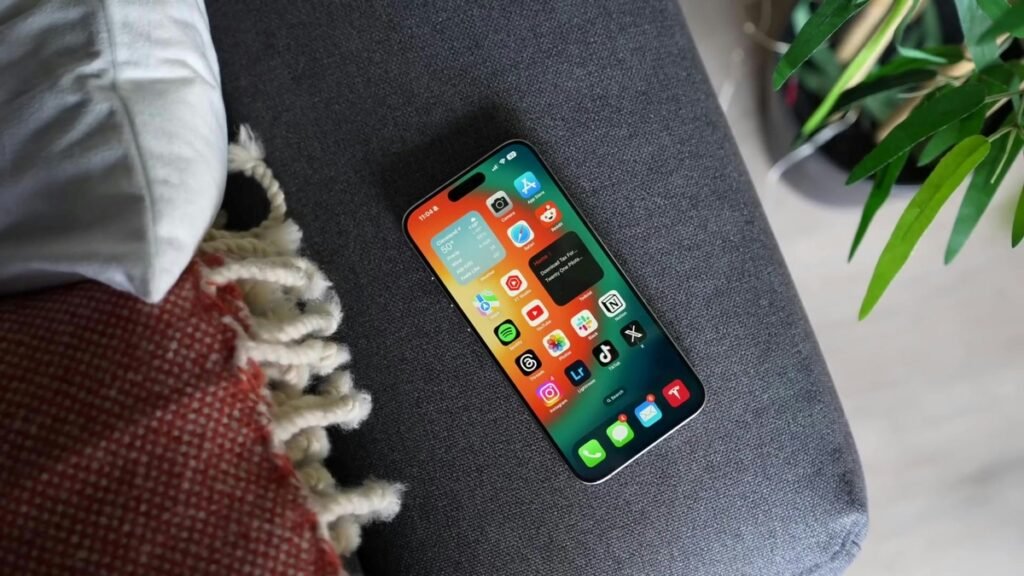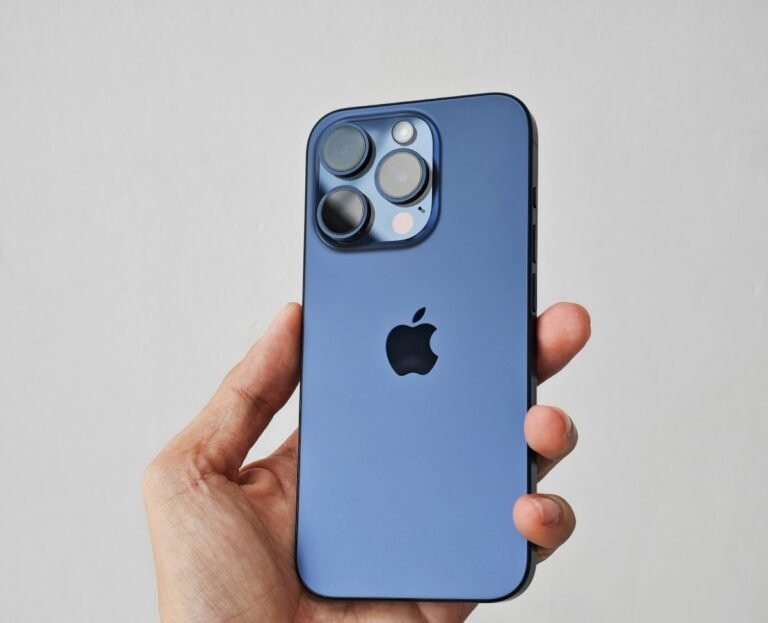Apple has introduced its AI-powered iPhone 16, marking the long-anticipated arrival of the device just as Chinese rival Huawei’s innovative tri-fold phone began attracting millions of pre-orders.
This new launch is part of the tech giant’s strategy to infuse artificial intelligence (AI) into its flagship products amid intensifying global competition in the smartphone market.
Apple’s Leap Into AI-Powered Smartphones
At the product launch event at Cupertino, California, Apple CEO, Tim Cook, emphasised the significance of the iPhone 16, describing it as “designed for Apple Intelligence from the ground up” and marking the dawn of an exciting new era for the company. As AI becomes a key battleground for tech companies worldwide, Apple is betting that the new AI features will convince customers to upgrade in the face of slowing iPhone sales.
Apple Intelligence, the company’s AI software, is set to enhance personal assistant Siri and boost the phone’s ability to identify and interact with objects captured by its camera. Craig Federighi, Apple’s software engineering chief, described Apple Intelligence as the start of a new era for Siri, making it more natural, contextually relevant, and personalised for users.
A trial version of Apple Intelligence will be available in the U.S. in October, with a broader rollout for other English-speaking regions planned for December. Versions in other languages, including Chinese, French, Japanese, and Spanish, are also expected soon.
New iPhone 16 Models and Pricing
The iPhone 16 will feature the new A18 chip, an aluminium back, and a customisable button for camera controls. The iPhone 16 will start at $799, with the iPhone 16 Plus priced at $899. Apple also revealed the iPhone 16 Pro and 16 Pro Max models, built with titanium and powered by the A18 Pro chip. These premium models offer additional AI features, such as suggestions for optimising photo shoots and professional-level audio editing for video production. The Pro models are priced at $999 and $1,199, respectively.

Apple’s latest A18 chips incorporate Arm’s latest architecture, which includes enhancements designed to accelerate AI applications. Analysts believe this innovation will appeal to existing iPhone users looking to future-proof their devices for AI advancements.
Apple’s Focus on Wearables and Health Tech
Alongside the iPhone 16 line-up, Apple introduced new Watch models and updated AirPods with enhanced health-focused features. The Watch now offers capabilities to detect longer-term health conditions such as sleep apnoea and respond to emergencies like falls. The updated AirPods also include hearing-aid features that are pending U.S. regulatory approval.
Apple’s Global Strategy and Competition
Apple, which generated more than half of its $383 billion revenue from iPhone sales last year, is expected to benefit from its strong marketing capabilities despite facing competition from fast-moving Chinese rivals like Huawei. However, the rollout of Apple Intelligence in China is contingent on approval from Beijing, a hurdle that could delay its impact in the region.
Meanwhile, Google continues to challenge Apple with its own AI innovations in the Android ecosystem. The company’s Gemini Live feature, which debuted on Pixel smartphones, allows live conversations with a digital assistant, demonstrating the fierce competition in the AI-driven smartphone market.




